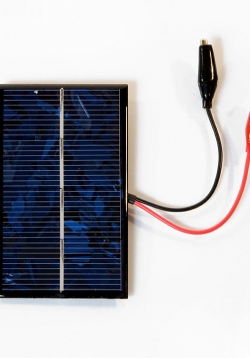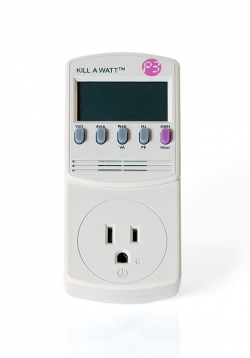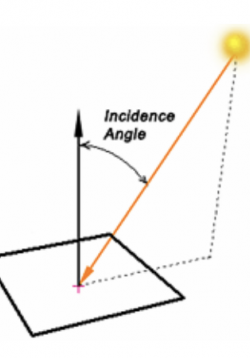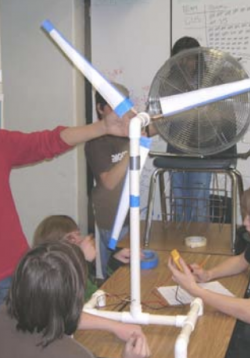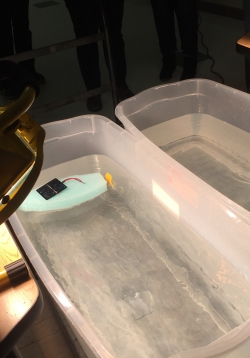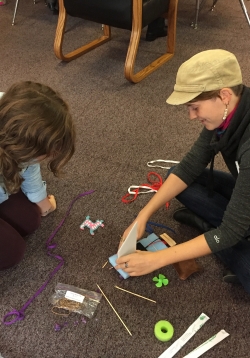How Do Solar Panels Work?
Students will learn the basics of how a solar cell generates electricity and observe the effects on a small electrical load attached to a solar module under a variety of conditions. They will build upon knowledge gained in previous lessons dealing with...

